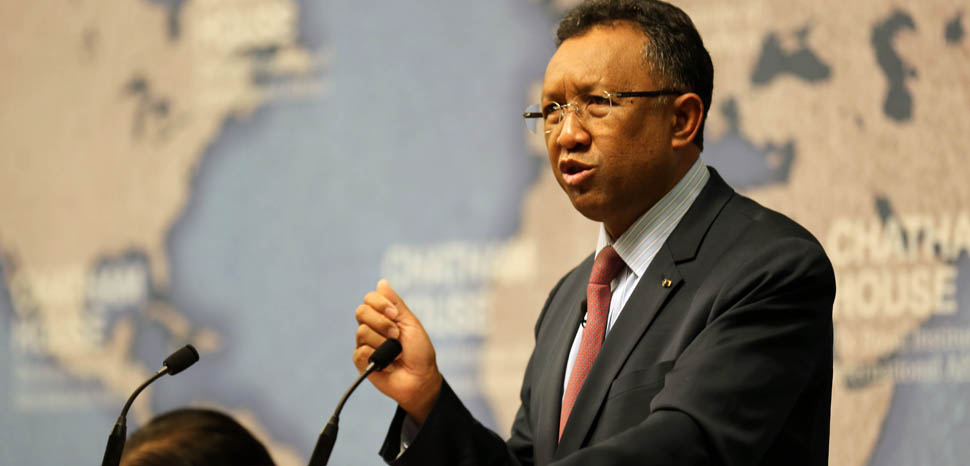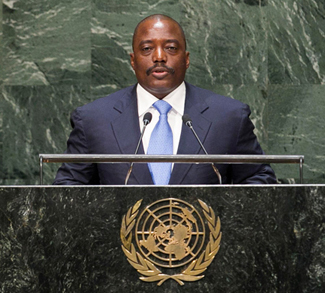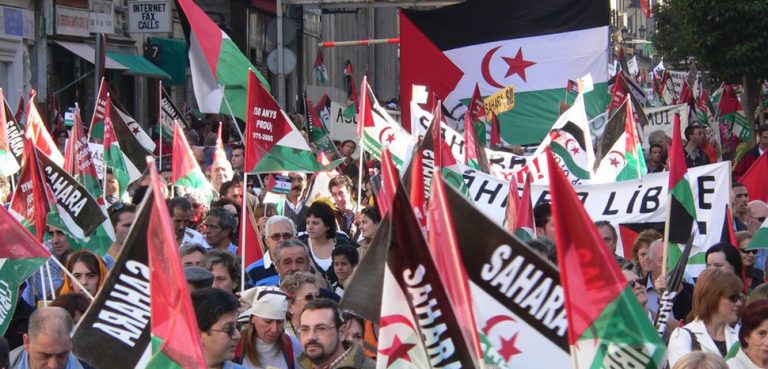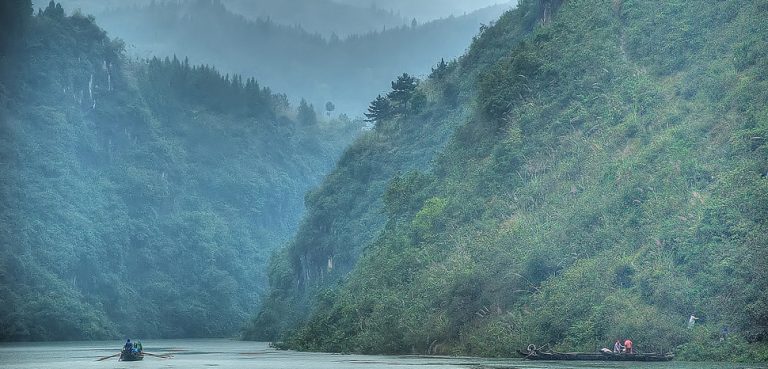After weeks of political strife, Madagascar has announced the formation of a national unity government meant to stave off a full-fledged crisis. But with the country’s economy still shaky and the prospect that upcoming elections this autumn could scuttle painstaking progress made in recent years, the island nation’s struggles are likely far from over.
Rolling out the new unity government
The government reshuffle came about after proposed electoral reforms tabled by President Hery Rajaonarimampianina sparked an opposition-led protest movement this past spring. According to the opposition, the reforms would have barred their candidates from running in elections slated for later this year. Even after the courts overturned the proposed reforms, however, the protests continued, with at least two people killed and 16 wounded.
In a bid to put a stop to the crisis, the Constitutional Court ordered the formation of a national unity government that proportionately represents the outcome of the last legislative elections in 2013. The new government’s cabinet includes allies of the president as well as two of his predecessors: Andry Rajoelina, who came to power in a coup in 2009, and Marc Ravalomanana, the man he ousted.
Both men – who were banned from running in 2013 – have said that they plan to run in elections tentatively slated for this autumn. Unfortunately for the people of Madagascar, both men trail dubious records behind them and either one could yet turn the country’s current simmering strife into a full-blown crisis.
Protecting against political amnesia
Ever since the country achieved its independence from France in 1960, Madagascar has endured no small share of political tension. Over the past decades, the Indian Ocean nation has been roiled by a long running series of revolts, military coups, mass protests, violent suppressions, and an inability among the political class to agree on who has the right to rule.
Both Rajoelina and Ravalomanana fit squarely within this violently chaotic pattern of politics. In 2009, Rajoelina seized power with the backing of the military and the high court, following days of anti-government protests in which more than 100 people were reported dead.
According to Rajoelina and his supporters, Ravalomanana was a dictator who cared little about his citizens in a country where more than half of the population gets by on less than $1 a day. And while it is true that Ravalomanana had failed to make adequate progress on economic development, his successor was arguably far worse.
The international community widely condemned Rajoelina’s seizure of power and quickly took steps to isolate the country. In March 2010, the African Union imposed sanctions on Rajoelina and his government. Three months later, the European Union suspended aid to the country.
Given Madagascar’s high dependence on external aid and exports, however, the state of isolation meant that 70% of the country’s national budget was quickly wiped out. Madagascar residents saw prices rise by 30% overnight and exports to the US, their biggest trading partner, fall by over 70%. To make matters worse, foreign investors soon began to pull out of the country. Madagascar may have considerable reserves of lucrative commodities on the island, including gold, nickel, cobalt, uranium, and other minerals, but the instability simply proved to be too much for many outside companies. As a result, the economic progress that the country had managed to make between 2001 and 2005 was all but neutralized in short order.
A fresh start
In 2013, Rajaonarimampianina came to office following untainted elections that were meant to both end the nation’s political impasse as well as shore up the shaky economy. Under his watch, the government succeeded in reopening diplomatic and economic channels with the US, as well as securing a €518 million aid package from the European Commission. Both developments represented a watershed for a country still stuck in the economic stagnation left over from the previous political transition.
Of course, that is not to say all has been rosy. The country, where an estimated 70.7% of the population still lives in poverty, is still making slow progress in overcoming the hangover of the past two crises. On top of that, Madagascar’s economy remains vulnerable to disruptions in access to key markets and severe weather events. The vast majority of the population continues to depend on a small number of key commodities for their income, which also makes them highly vulnerable to external shocks.
For instance, 80,000 people in the country depend on vanilla for their livelihoods and supply 80% of the world’s supply. The island nation is one of the only countries where wages are low enough to justify the laborious process of pollinating vanilla orchids by hand. And though vanilla is currently trading at roughly $600 a kilo, as much as silver, historic volatility in pricing means that it is only a matter of time before this critically important commodity’s value goes down – and with it, the farmers’ main source of income.
Faced with these overlapping challenges, the government already had its work cut out for it. The recent political strife won’t make matters any easier. For the people of Madagascar, then, the next question becomes whether to put their faith back in the discredited old guard – or persevere instead with an incumbent who appears to be slowly, but surely, pulling the country out of its quagmire. Given the records of both of the president’s predecessors, there is already one clear takeaway: no one in Madagascar can afford to let themselves succumb to political amnesia.
The opinions, beliefs, and viewpoints expressed by the authors are theirs alone and don’t reflect any official position of Geopoliticalmonitor.com.




